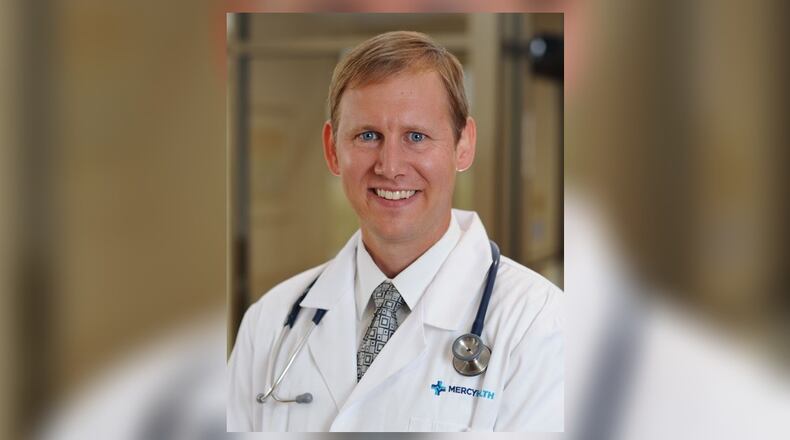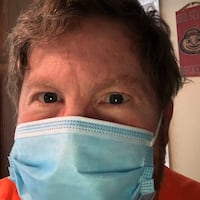In an interview with this media outlet, Hartman offered this advice to such patients and their families: “I think a really good first step is to schedule an appointment with your primary-care provider to make sure that they’re well aware of what’s going on,” Hartman said. “They may recommend some additional testing for what I’ll call organ-related damage, such as heart issues, or lung issues that would require specialty treatment.”
Those doctors can provide referrals to assistance such as therapy, “to make sure that everything that can be done to get the patient better and back to their normal level of function as quickly as possible is being done.”
Also: “For those who are either supporting a loved-one with this condition, or struggling with the emotional and psychological aspects, there are support groups available, and a lot of patients and care-givers find it helpful to relate to people who are going through similar experiences, and learn from each other.”
Support groups on Facebook “would be a great example,” he said.
Gov. Mike DeWine provided opening remarks for the 3½-hour event, and there was a moment of silence for the more than 550,000 so far killed by the pandemic.
Speakers during the discussed integrating everything medical providers have learned thus far to advance care for COVID-19 patients. Topics included risk factors and symptoms and the roles of exercise, therapy, pain management and nutrition.
Dr. Andrew Thomas, chief clinical officer at Wexner Medical Center, said the event provided “the opportunity to share our knowledge with clinicians throughout the United States so they can incorporate the learnings into the care of their patients.”
Hartman said: “We need to be mindful that it’s hard for someone to experience a condition that we don’t know exactly how long it’s going to last, how quickly they’re going to recover, and it’s important that we’re able to convey some level of hope in these circumstances.”
“For example, we know that many patients do get better with time, with the symptoms they’re experiencing,” Hartman said. “There is a therapeutic value to listening carefully, validating a patient’s concerns, and providing hope wherever possible.”
Mercy Health provides notes in post-covid patients’ charts “to make sure that they’re easily able to order correct testing, order appropriate referrals,” Hartman said. Tracking how patients respond helps the health system better analyze what treatments are used, “and how they’re responding to those treatments,” Hartman said.
Other observations:
- “It really is important as health-care providers and health-care systems that we are aware of this syndrome, understand as much as we can about it, and have resources in place to provide the best care for these patients,” Hartman said.
- “This will involve a wide constellation of symptoms, involving multiple organ systems,” he said. “And in addition to the physical and psychiatric component to this, there are more holistic components, like a social aspect, and a psychological aspect that all will require attention and care in order to meet the patient’s full needs.”
About the Author

